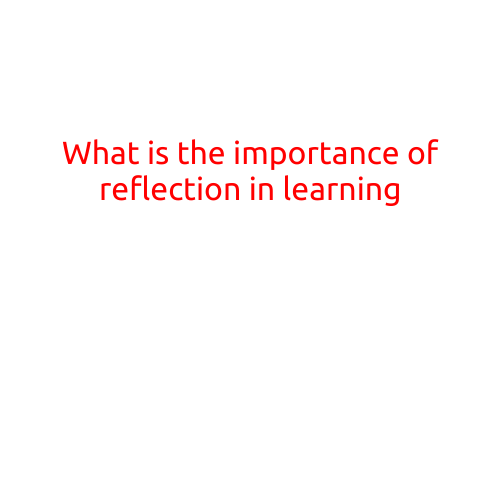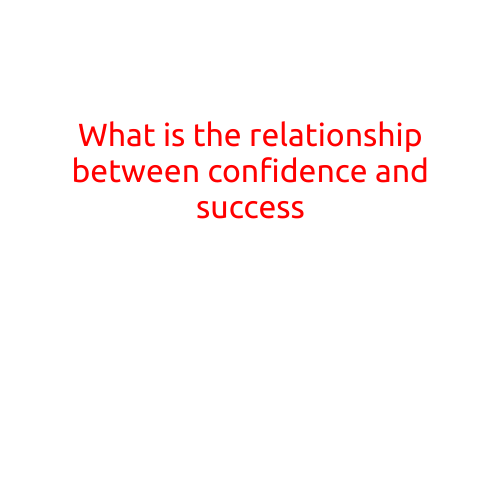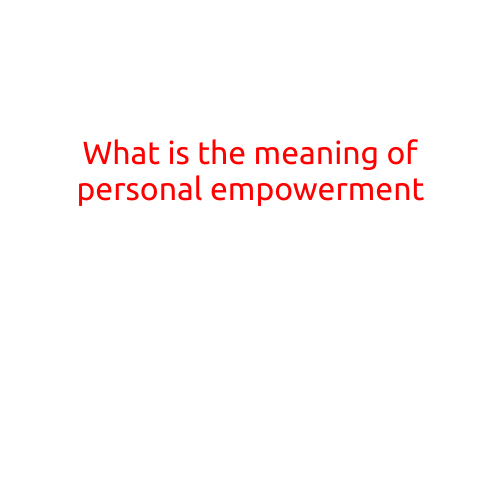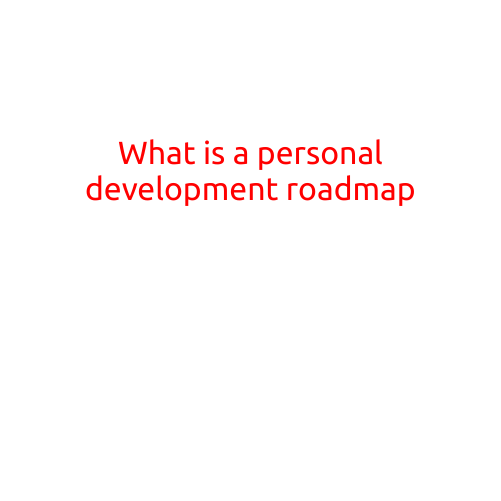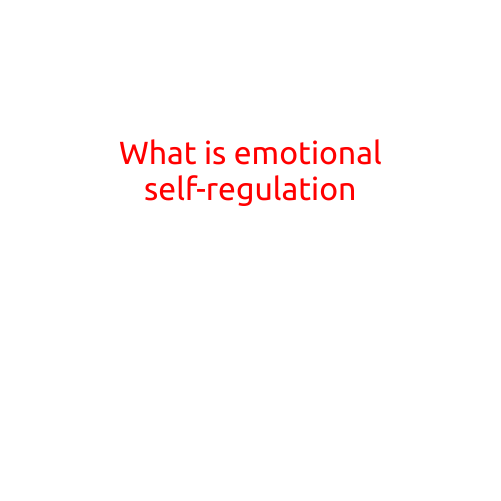
What is Emotional Self-Regulation?
Emotional self-regulation is the ability to manage and control your emotions, especially in situations where they might otherwise overwhelm you. It is a crucial skill that helps you navigate the ups and downs of life with greater ease and effectiveness. In this article, we’ll delve into the definition, importance, and strategies for emotional self-regulation.
What is Emotional Self-Regulation?
Emotional self-regulation is the process of recognizing, understanding, and managing your emotions to achieve a desired state. It involves the ability to:
- Recognize your emotions: Identify how you feel, without suppressing or denying them.
- Understand your emotions: Recognize the underlying causes and reasons for your emotions.
- Regulate your emotions: Manage your emotions to achieve a desired state, such as calmness, confidence, or happiness.
Why is Emotional Self-Regulation Important?
Emotional self-regulation is essential for several reasons:
- Health and Well-being: Unmanaged emotions can lead to mental health issues, such as anxiety, depression, and stress. Effective emotional self-regulation helps maintain good mental health and overall well-being.
- Relationships: Emotional self-regulation enables you to communicate more effectively, build stronger relationships, and resolve conflicts more efficiently.
- Productivity: Uncontrolled emotions can distract you from your goals and tasks, reducing productivity. By regulating your emotions, you can stay focused and achieve your objectives.
- Resilience: Emotional self-regulation helps you bounce back from setbacks, failures, and difficult situations, fostering resilience and perseverance.
Strategies for Emotional Self-Regulation
Fortunately, emotional self-regulation is a skill that can be developed and improved with practice. Here are some effective strategies to help you get started:
- Mindfulness: Practice mindfulness meditation, deep breathing exercises, or other mindfulness techniques to increase your awareness of your emotions and thoughts.
- Labeling Emotions: Recognize and label your emotions to identify and understand them better. This helps you detach from your emotions and gain perspective.
- Self-Awareness: Develop self-awareness by keeping a journal, reflecting on your thoughts and emotions, and recognizing patterns and triggers.
- Emotional Acceptance: Accept your emotions without judgment, acknowledging that they are valid and temporary.
- Problem-Solving: Identify the underlying causes of your emotions and develop solutions to address them.
- Relaxation Techniques: Practice relaxation techniques like progressive muscle relaxation, visualization, or yoga to reduce stress and anxiety.
- Social Support: Seek support from friends, family, or a therapist to talk through your emotions and gain new perspectives.
Conclusion
Emotional self-regulation is a powerful skill that can greatly impact your mental and emotional well-being, relationships, and overall success. By understanding and managing your emotions, you can develop greater resilience, confidence, and happiness. Remember, emotional self-regulation is a skill that takes practice, so be patient and persistent in developing your skills. Start with small steps today and watch your emotional intelligence grow!
